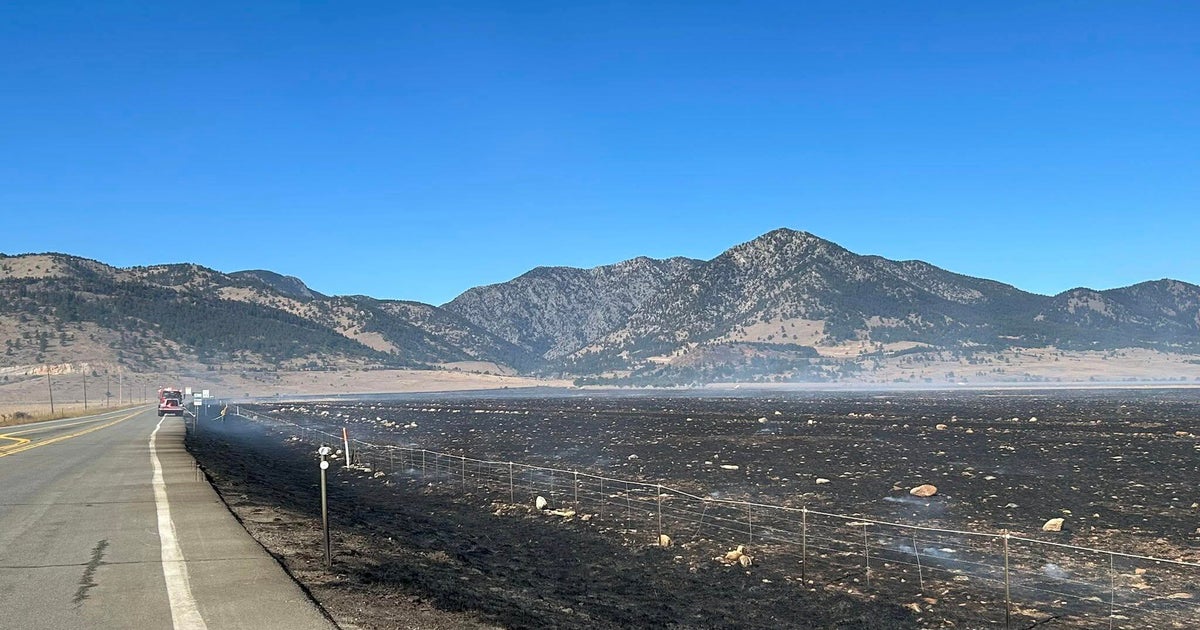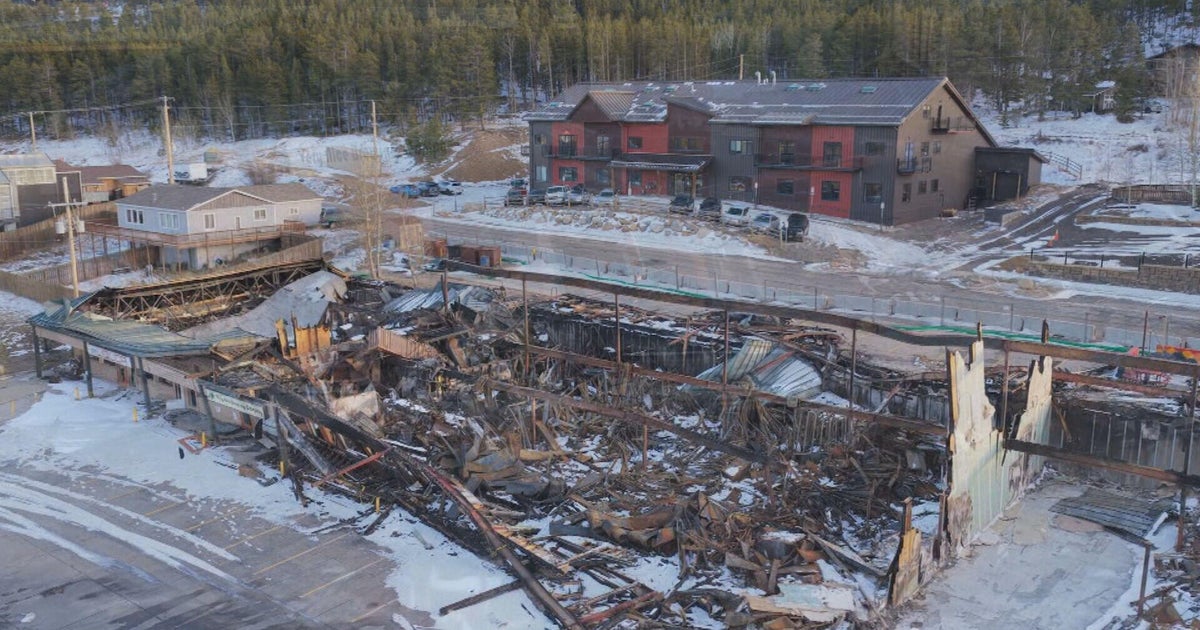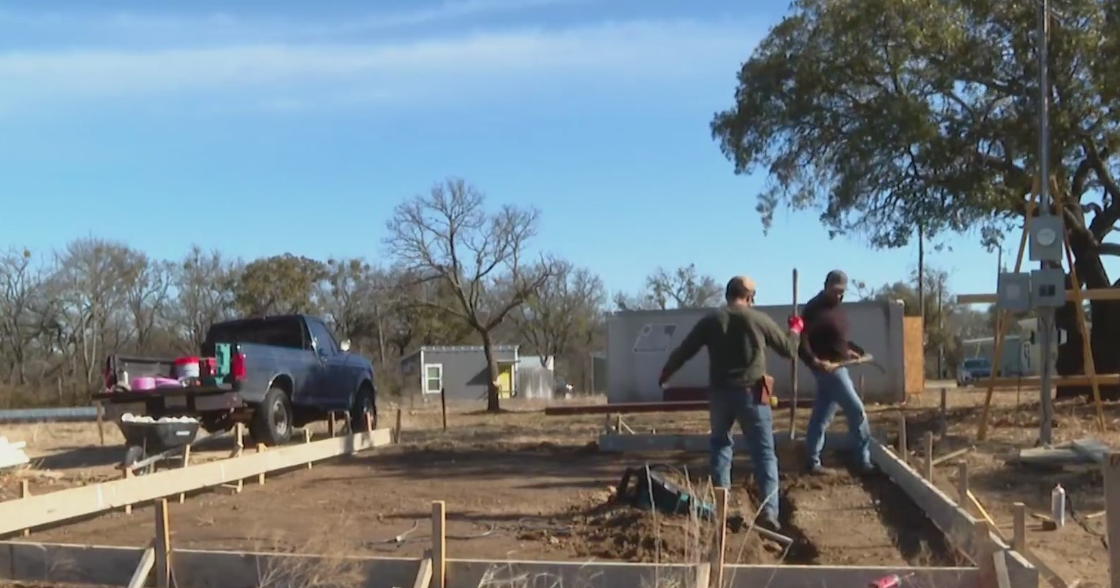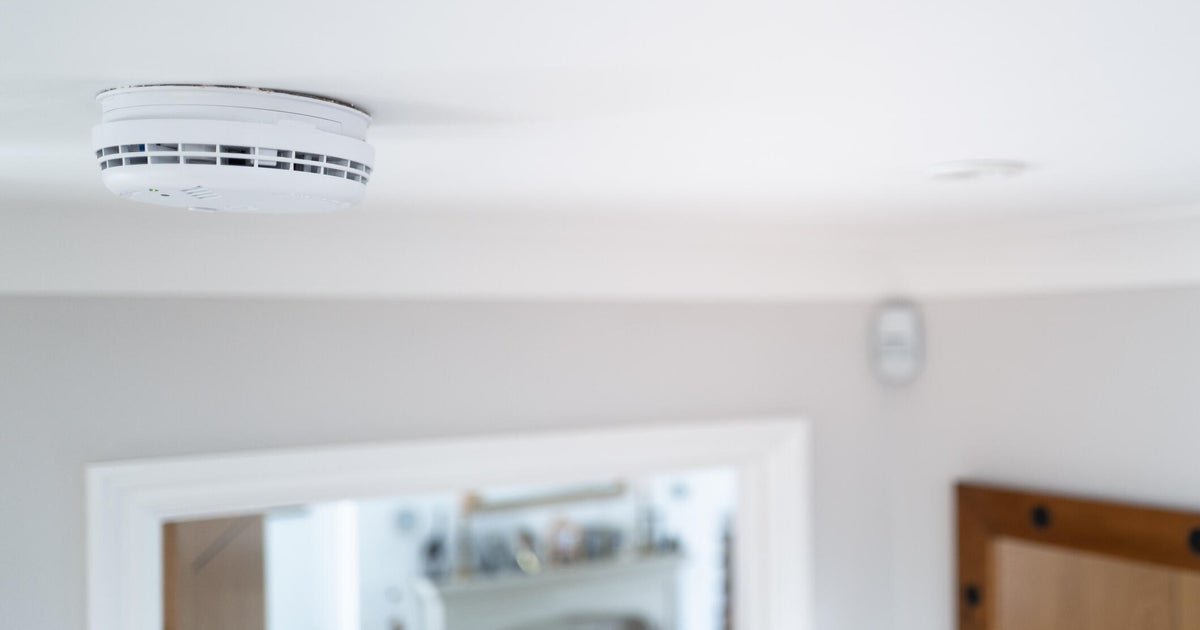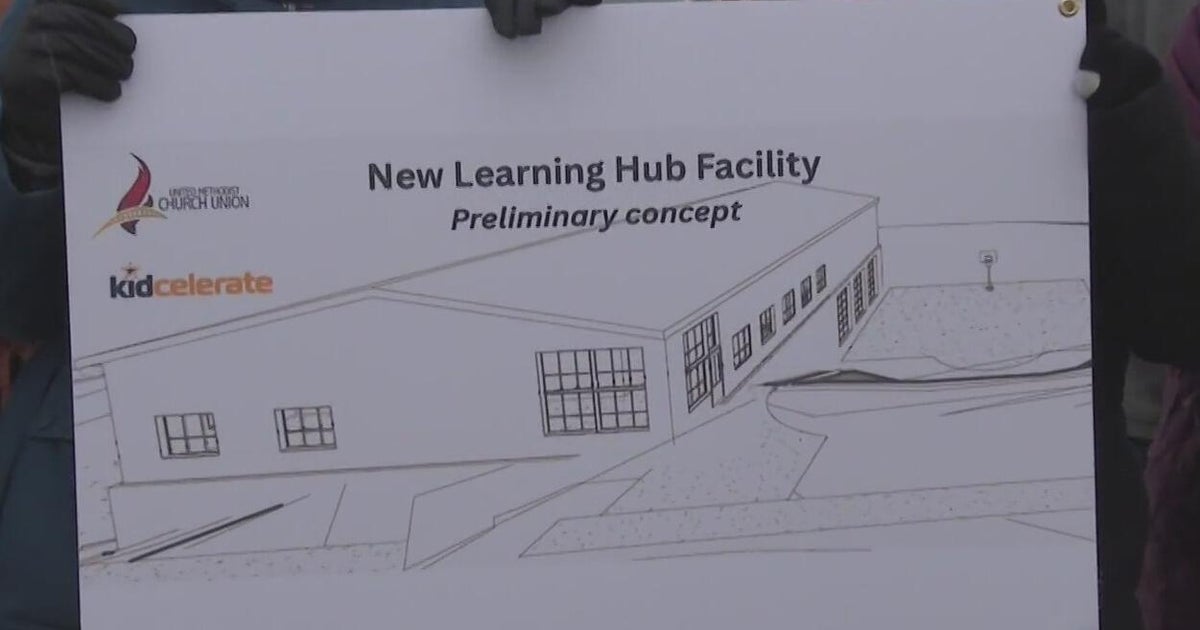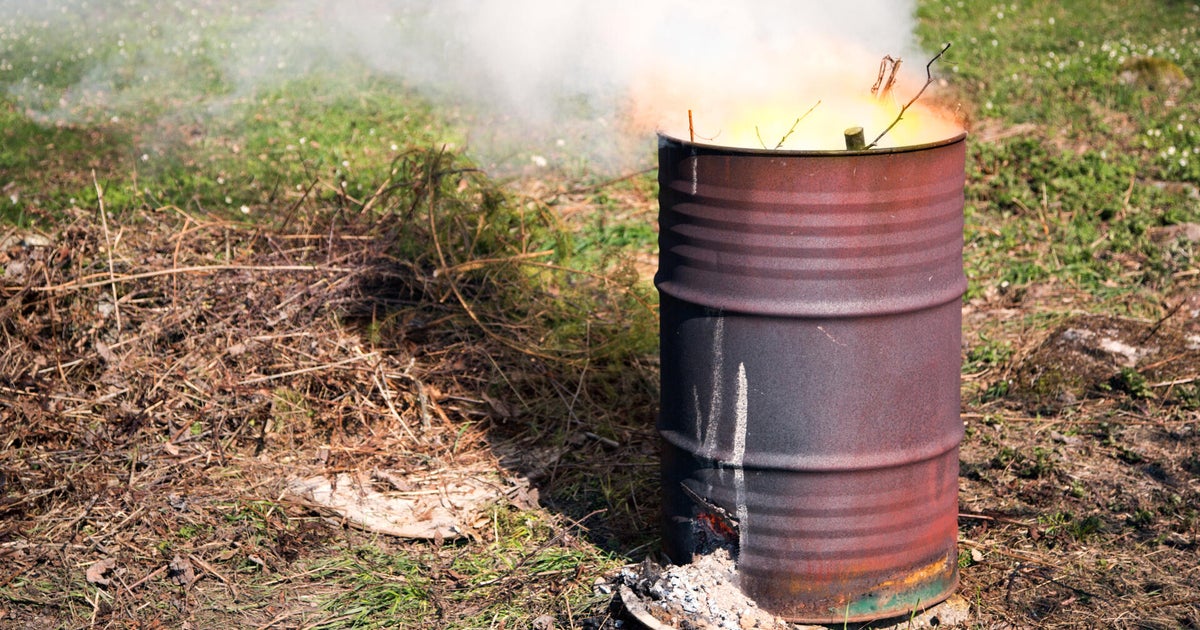On the Dot: Living with Fire
Climate change is leading to more extreme wildfires. This danger has experts looking for solutions that can protect communities and save lives.
One solution is intentionally setting fires to remove dry vegetation that might otherwise fuel more extreme fires.
There's a national movement to bring back prescribed fires as a way to prevent forest fires. But after 100 hundred years of fire supression—the nation's backlog is enormous.
In California, for example, the state wants to burn a million acres a year by 2025. But last year only 110,000 acres were actually burnt.
"We have certain parameters that we've used for years that tell us when it's good to burn and when it's bad to burn," Fire Boss Darrell Clairmont said. "And we used to burn a lot. But past several years, those windows just aren't happening."
That's because climate change is hampering the ability to do those prescribed burns.
Shrinking burn windows are a problem. A study from the International Journal of Wildland Fire found in the southeastern part of the United States that "meeting basic burn criteria (as defined today) will become increasingly difficult over time" because the climate is changing.
Prescribed burns also help eliminate disease, as well as insects and species that are not native to that ecosystem.
